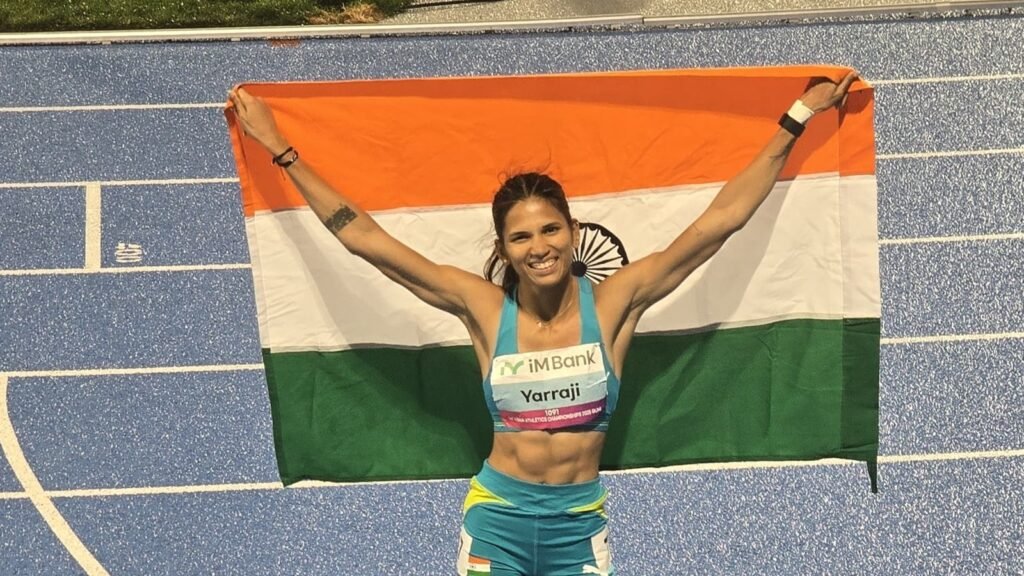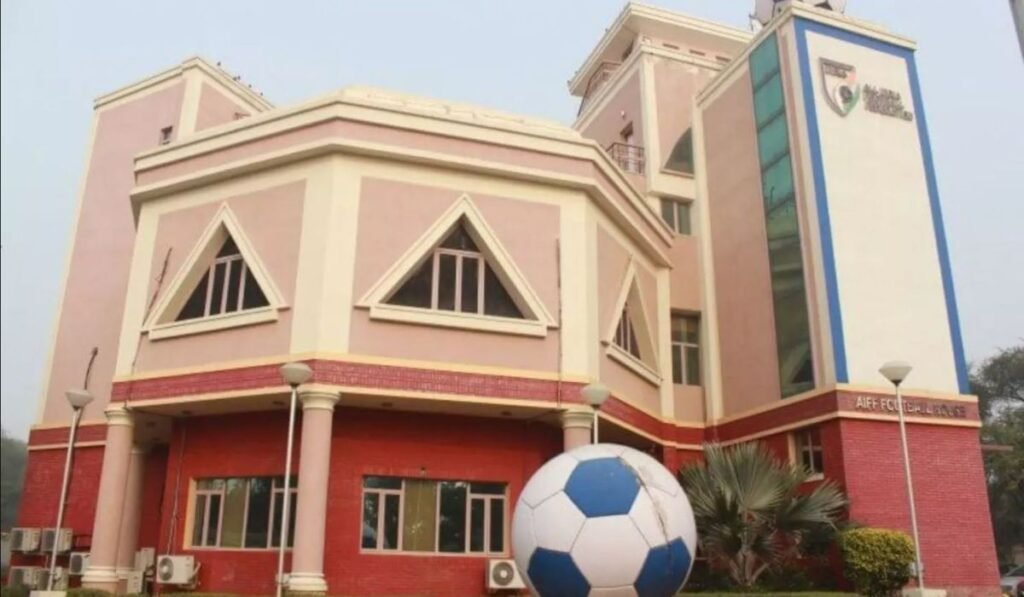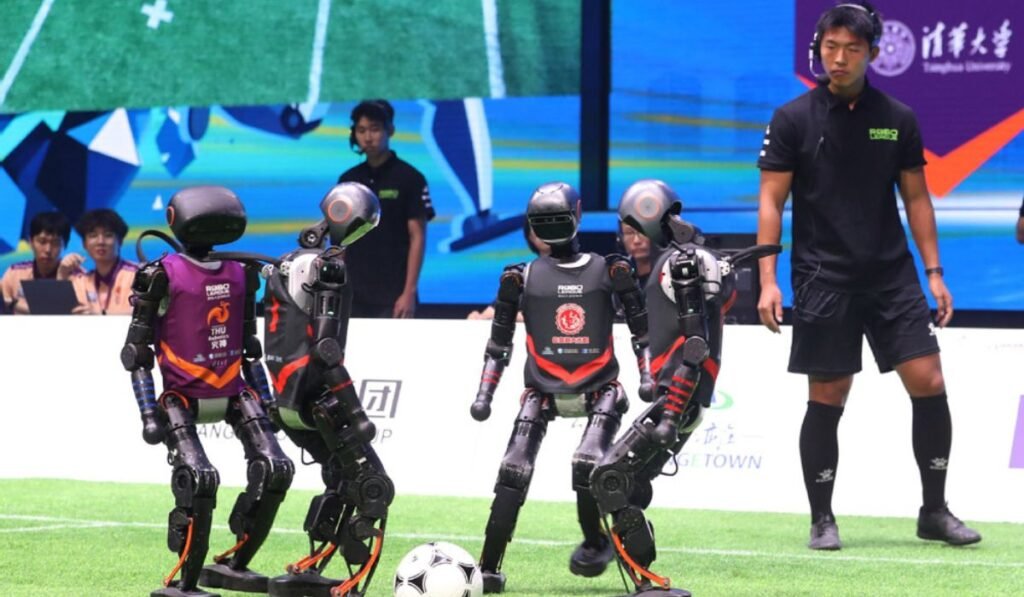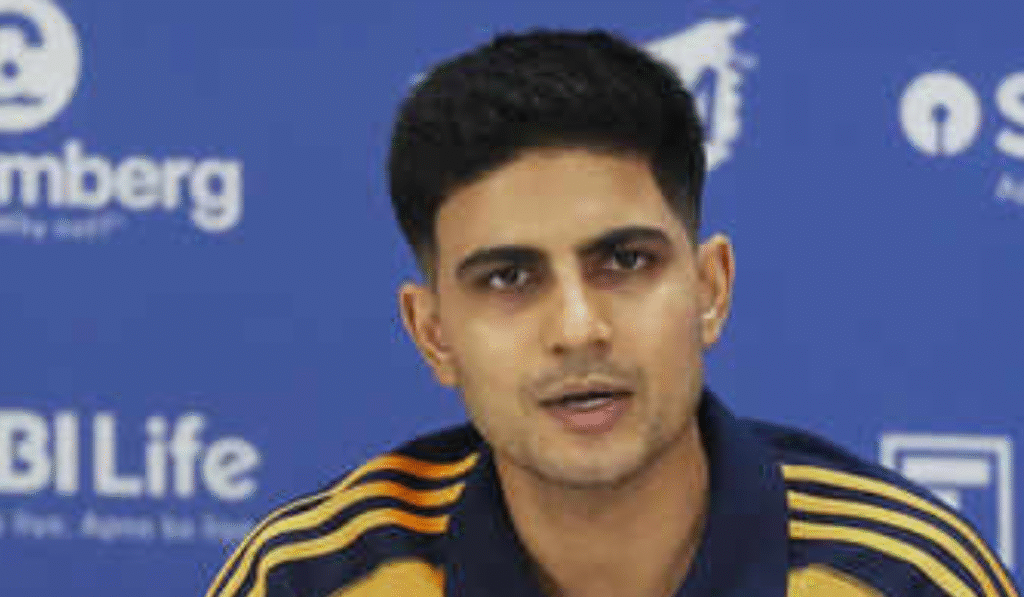Jyoti Yarraji suffers big blow: ruled out of Tokyo World Championship

India’s blazing hurdlers, led by the unstoppable Jyothi Yarraji, hit an emotional wall this week. During a routine training session, she suffered a freak knee injury, one so serious it’s essentially sidelined her entire 2025 season and put her dreams of the Tokyo World Championships on shaky ground. At just 25, Jyothi isn’t just any athlete, she’s the national record holder in the 100 m hurdles (12.78 s), the first Indian woman ever to break the 13-second barrier, and a two-time Asian champion . Yet fate threw a cruel curve: Coach James Hillier described the injury candidly as “pretty bad” and “freakish,” leaving them scrambling to decide what’s next. On Instagram, Jyothi shared that, “Due to an unfortunate injury to my knee during training a few days back, I’ve had to pause my season, Injuries are part of an athlete’s journey, just another hurdle I’m going to overcome soon. With all your support, I’ll be back stronger.” Her season had been golden up till now, gold at the Asian Championships in Gumi with a 12.96 s run under rainy skies, double gold at Uttarakhand National Games, a Federation Cup title, and victory at the Taiwan Open in early June. Even a hamstring tweak in April couldn’t dampen her spark. But now the big question looms, will she recover in time? The direct qualification mark for Worlds is 12.73 s, and although she could still get in via world rankings by the August 24 window, this injury may well dash that hope. Coach Hillier had recently praised Jyothi’s body, “stronger, leaner, lowest body‑fat yet” and was confident she was primed to crush her own record. It’s heartbreaking to see such momentum stall now.
AIFF accepts the ‘invited’ former Indian coaches’ proposal of appointing an Indian national coach; Decides to issue a show-cause notice to Bhaichung

The All India Football Federation (AIFF) in its executive committee meeting at the Football House, New Delhi, on Wednesday, has accepted the advice of the former Indian coaches on the appointment issue of the new senior national coach. The eminent former Indian coaches like Dronacharya awardee Armando Colaco, and Bimal Ghosh, then Harjinder Singh, Tababi Debi, Shabbir Ali, Climax Lawrence, and Tababi Debi were invited to the meeting as special guests. Along with them, national team director Subrata Paul and Sabir Pasha were also in the meeting. The eminent former coaches’ advice to the executive committee was to prefer an Indian coach, and they also reportedly advised the executive committee to issue an advertisement for the appointment of a new coach as early as possible. It is believed that the AIFF wants to appoint the new senior national coach by the end of this month. The senior national team are scheduled to take part in their remaining two Asian Cup qualifiers in October. However, it is learned that the AIFF had also requested on the day that Manolo Marquez continue with the senior national team, who had already submitted a written resignation. But Marquez reportedly again rejected the request on the day. The AIFF has taken another important decision on the day that the I-League clubs will not be able to field more than three foreign footballers at a time in the forthcoming I-League, although the clubs will be allowed to register five foreign footballers. The executive committee, however, has decided to appeal to the FSDL, the organizer of ISL, not to stick to their previous terms of no-relegation in the ISL. Simultaneously, the AIFF, in the same e-mail, will also request the FSDL to consider the interest of the senior national team and restrict it to three foreign footballers at the same time in a match. Significantly, it is learned that a team of Fifa delegates, possibly under the leadership of legendary Arsene Wenger, now chief of Fifa’s Global Football Development, is likely to visit the Fifa-AIFF elite academy in Bhubaneswar and conduct a seminar on 7th October. AIFF also wants to conduct its Annual General Meeting there on the day. In another major decision, the AIFF is likely to send a show-cause e-mail to former Indian captain Bhaichung Bhutia for making a statement against the AIFF president at a recent media conference. Bhaichung, now in Sikkim, stated while speaking to Parallel Sports, “I also heard about the news from the media. I feel they have taken such a decision as I raised my voice against the AIFF president Kalyan Chaubey’s lackluster administrative activities. It is he whose leadership has taken Indian football to decadence. It cannot be that no one will raise their voice against such mismanagement and administrative failure. At least I will not be silent. He wants to silence the voice by issuing the notice. I will reply once I receive the notice.”
China launches its first humanoid robot soccer league in Beijing

To make the game more entertaining and create more fun, China launched the first humanoid robot soccer league in Beijing. On June 28, 2025, the final of the 2025 RoBo League Robot Football Tournament took place in Beijing. The event served as the first trial match for the upcoming 2025 World Humanoid Robot Games and marked China’s first-ever fully autonomous 3-on-3 AI robot football competition. The championship went to the THU Robotics team from Tsinghua University, with second place going to China Agricultural University’s Mountain Sea team. The Blaze team from Beijing Information Science and Technology University and the Power team from the Future Laboratory, Tsinghua University shared third place. The league has won over fans thanks to its unique combination of sports and AI technology. Many spectators at the venue are robotics enthusiasts coming for the charm of cutting-edge technologies. According to Bian Yuansong, chairman of Shangyicheng Group, which operates the event, RoBoLeague serves as a testing ground for frontier technologies such as bipedal dynamic balancing and multi-agent collaborative decision-making. The event not only provides crucial technical validation for the football segment of future humanoid robot games but also lays a solid foundation for enhancing the sensitivity of embodied robots. “The technologies showcased during the competition will be rapidly translated into real-world applications, directly benefiting industrial production and everyday life,” Bian noted. He added that the group plans to develop a series of robot competition IPs—including a robot half-marathon and RoBo League—to promote the real-world application and development of humanoid robotics across diverse scenarios.
Shubman Gill Reflects on Batting Depth, Missed Opportunity, and Bowling Consistency

In a recent press interaction, Indian skipper Shubman Gill opened up about the challenges faced by the team, especially the lack of depth in the lower order batting. “It’s been one of the things that we always talk about, especially without batting depth, our lower order sometimes isn’t able to contribute as much as other teams,” Gill said during the post-match presentation. Speaking about his impressive 147-run knock in the first innings against England, Gill admitted there was potential to score even more, particularly if a solid partnership had been built with Rishabh Pant. “I was batting on 147, and the way I got out, maybe I could have scored 50 more with a partnership with Rishabh. But having said that, you can also look at the other side — if you get a good ball and get out, that’s fine.” Gill also emphasized the added responsibility that falls on the top-order batters due to the weaker lower order. “Once you’re set, and you know the team doesn’t have that much depth in the batting order, maybe the top order could take a little more responsibility and take the game completely away from the opposition. When your last five or six don’t contribute much, it becomes easier for the opposition to come back into the game.” On the bowling front, Gill reflected on the importance of consistency, especially against an aggressive England batting lineup. “The important thing is how consistently you bowl in one area. Against a team like England, they can hit both good and loose balls. So it becomes difficult to maintain consistency, especially when the ball and wicket conditions don’t match. The key is to keep hitting the right areas consistently.”





